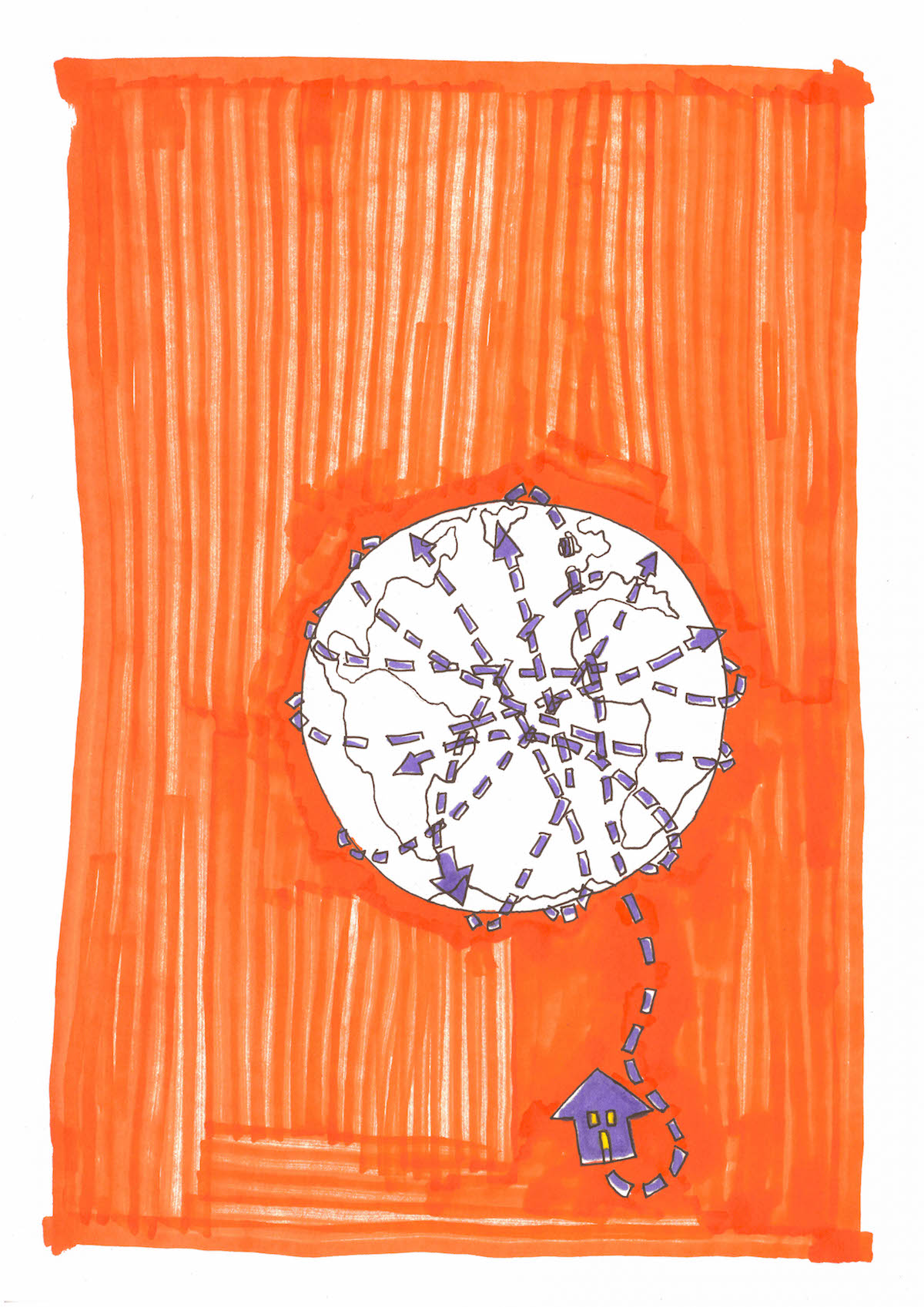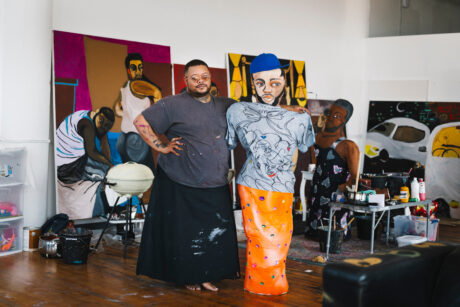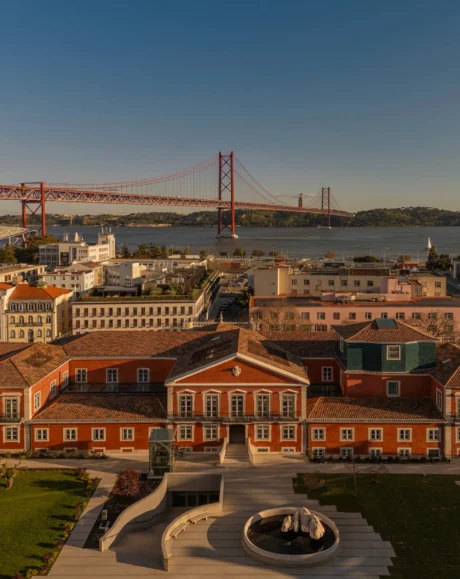
“So,” my boyfriend said, climbing into the taxi, gloved hands clutched around a plastic cup of wine (I’d made him leave a Chanukah party before he was ready), “should we circumcise the little bastard?”
He was referring to our soon-to-be-born child, gender still unknown, who will be half-Jewish (though not recognized as Jewish by some religious thinkers, since his/her mother isn’t Jewish). My boyfriend, being the Jewish one, though not religious, is in more turmoil over the circumcision situation than I am. I, never having had a foreskin, can’t imagine what life would be like either with or without it. Besides, I was too full of latkes to really consider the issue.
“Of course you should do it,” cooed one relative, also not Jewish. “He’ll be so much better in bed.” I’m not well read in scripture, but I’m pretty sure that’s not the reason the practice was first introduced. Opening the topic up over lunch led to some interesting first-hand accounts of circumcision and divided opinions from the foreskin owners.
Beyond their religious, cultural and medical justifications, do practices like circumcision (one that is perhaps, in the predominantly secular environment I inhabit, seen as extreme and a form of mutilation) give a sense of identity and belonging? Is a certain amount of conformity necessary to feel part of a community? It’s hard for me to know—the only ritual we performed as children at Christmas in recognition of it being a religious event was going to a drafty church in the village with our mum and sticking cocktail sticks loaded with cheap penny sweets into underripe oranges. Perhaps this is one of the reasons I’ve tended towards a nomadic and agnostic existence. At this point, I’ve distilled “home” down to a clutter of the same five or so objects and photographs I’ve moved from place to place for the last ten years.
Our soon-to-be-born sprog, incidentally, due on Christmas Day (I’ve always liked to think of myself as a Mary-type figure) is a prime candidate for cultural confusion: it’ll be a mix of Iraqi, Polish, Israeli, Sri Lankan and British. The cultural confusion in our families on both sides has already been passed down several generations—from a displaced Scotsman, two Sri Lankan Burghers who grew up under British Colonial rule, a Baghdad-born Jew, two Polish Holocaust survivors and another grandfather who is not even sure himself where he originally came from, but the likely answer is (what was then) Czechoslovakia. They all settled in places they weren’t born and ended up speaking languages that were not their mother tongue. At what point does someone’s culture “of origin” reset? If countries and culture are really only constructs, as Yuval Noah Harari would have it, how do we figure out where we belong?
Ai Weiwei’s heart-wrenching new film, Human Flow, seems to ask this question—as well as a myriad of other overwhelming, more urgent ones—as a way to confront the crux of the current migration crisis. As the film points out, when someone is displaced from their country they usually don’t return for more than twenty-five years, but many do go back. Two and a half decades, a whole generation, is not enough to leave a life behind. Ai’s film—taking in migration forced by climate change in Bangladesh and Africa by politics in the Middle East, Myanmar, Pakistan, overwhelming masses often filmed from above, though far from uplifting—does touch on the nature of home. What humans can do is to rebuild, through our sense of love and empathy.
Of course, there’s a huge difference between being displaced by choice or by force, but the results can be equally disorienting. The Turner Prize-winning artist Lubaina Himid has said that much of her work is motivated by an alter ego, a version of herself who stayed in Zanzibar where she was born, and who she imagines making traditional kangas. Himid left Zanzibar when she only a few months old and has never returned. The longing for a homeland—or the idea of one—can often never been assuaged, and when it has been wrenched away or when there is no option of returning it can cause deep internal conflict. The exiled American/Iranian filmmaker Shirin Neshat has spoken of this feeling—a profound attachment to her birthplace, yet it being a country she cannot visit, let alone live in and make her work in. Looking for connections, between bodies and landscapes, through music, people and spaces, is something that clearly permeates much of her work.
For the Palestinian director Elia Suleiman, meanwhile, being rootless can be beneficial. “The more you become something towards the perfect stranger—making every place somewhere you can potentially call home—this nomadic existence serves something, something that becomes a privilege, despite the fact this lack of rootedness is not easy to handle and can sometimes be quite tiresome. The benefit is you are never looking from a static position, you are shifting all the time—the chances of you holding onto an authoritative or ideological point of view is reduced. You become so many others that you stop being somebody who practices policies of exclusion and inclusion.”
We haven’t reached a conclusion about circumcision—besides, it might turn out to be a girl. As we enjoy our very last days as two, transporting this Christmas-Chanukah baby around in its first, tailor-made home, so much is unknown, and a lot, undoubtedly, will be decided by what we encounter together as a family. My main hope is that when the child does arrive it will be healthy and happy and that eventually, it will find itself through that love, empathy and openness that will help it adapt to the world, whatever state it’s in by the time it’s grown. As the wonderful Octavia Butler once wrote:
“Yet every child
Is cast from paradise—
Into growth and new community,
Into vast, ongoing
Change.”





